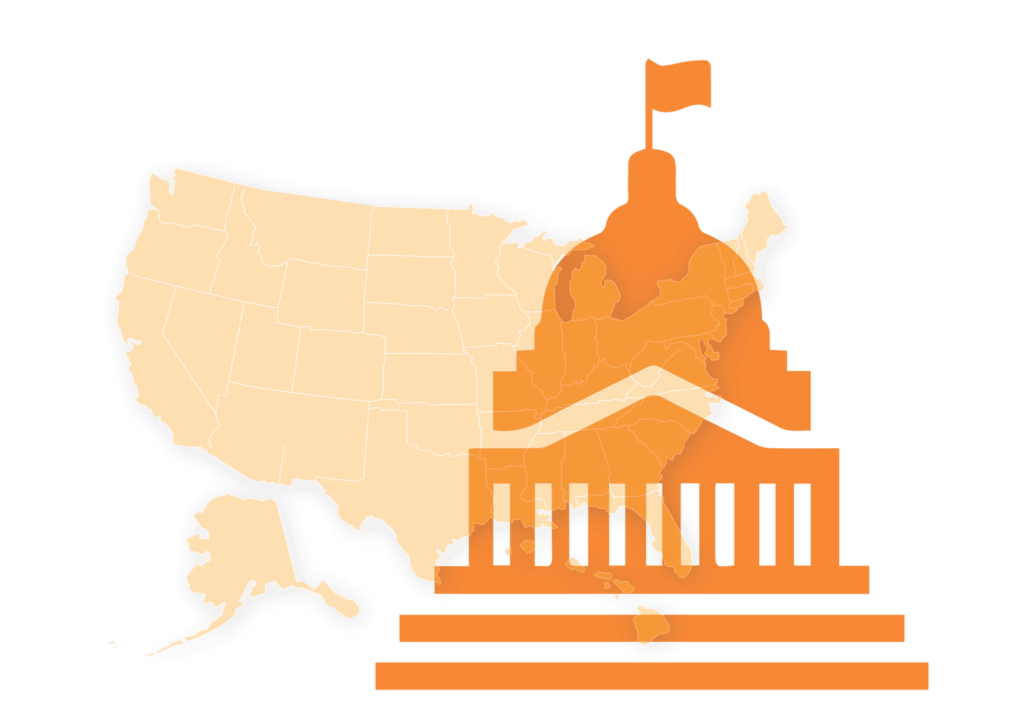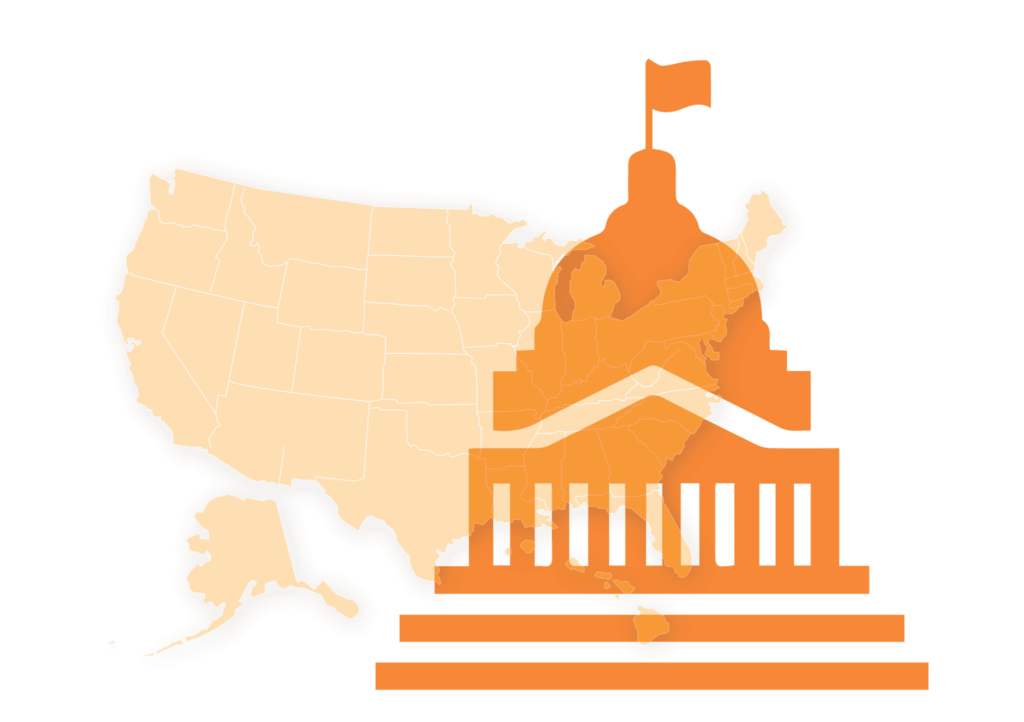Statement from Denise Forte, senior vice president for Partnership and Engagement for The Education Trust, discussing the Congressional Coronavirus relief bill
WASHINGTON (March 26, 2020) – “This bipartisan Senate Coronavirus relief bill represents a critical step in providing much needed aid to students and our public education system during this crisis. The $30.75 billion state fiscal stabilization fund will help our schools and colleges fight the virus, provide emergency financial aid to students, and bolster state budgets. The suspension of all federal student loan payments and involuntary collections for six months, interest-free and with no penalties to borrowers working toward loan forgiveness, is an essential economic salve for students who are struggling. In addition to creating the stabilization fund, the bill also increases investments in programs that help our earliest learners, such as Head Start and the Child Care and Development Block Grant.
“While this package of supports is essential and should become law as quickly as possible, we remain concerned about provisions allowing the U.S. Secretary of Education to waive existing federal civil rights protections for students. We will be vigilant to ensure that any waivers of existing federal education law do not exacerbate inequities.
“As we look forward, given the immense scope of this crisis, we must remain focused on the appropriate supports that will allow our most vulnerable students — including students of color, students with disabilities, and students from low-income backgrounds — to continue to learn and thrive. This means enabling high-quality digital learning for the millions of students who need it to prevent learning loss during the crisis; creating incentives and providing guidance for states to expand crucial social safety net programs for students from low-income backgrounds and their families; and ensuring states, districts, schools, and colleges have the support they’ll need to eventually reopen the nation’s classrooms in a way that is as non-disruptive to students and families as possible.”
###







 January 11, 2023 by
January 11, 2023 by